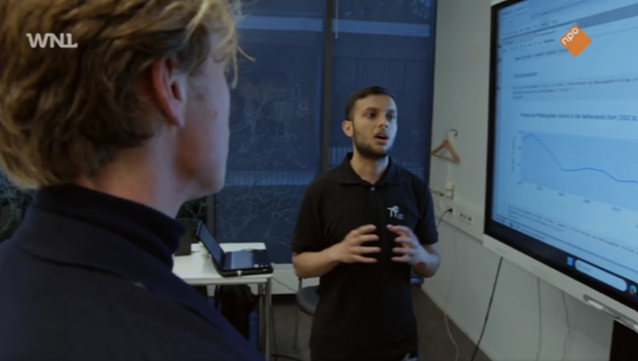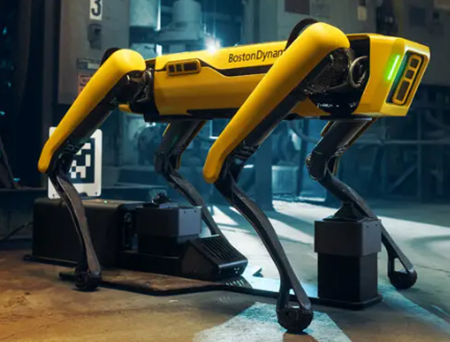IN THE DUTCH TELEVISION DOCUMENTARY ‘STAND VAN NEDERLAND,’ NPO INTERVIEWED A PH.D. CANDIDATE OF DATA MANAGEMENT AND BIOMETRICS (DMB) GROUP SWIKAR BHANDARI FROM THE UNIVERSITY OF TWENTE ABOUT ‘AI FOR CRIMINAL INVESTIGATIONS’.
Cold cases, often characterized by their lack of leads and inactive investigations, are receiving renewed attention as technology takes center stage. In the Netherlands, on average, there are about 160 victims of murders and manslaughters per year. Among these cases, a lot of them have remained unsolved over the years and as a result there are currently more than 1600 unsolved cases. These unsolved cases are commonly referred as ‘cold cases’.
Besides law enforcement, the media, public initiative organisations as well as the friends and family of these victims actively contribute towards researching information to try and reopen the investigations. The University of Twente, together with Dr. Jaap Knotter’s team at the Police Academy and Saxion University of Applied Sciences, are busy with a project to develop an open-source intelligence system capable of collecting and converting these data into actionable intelligence, that can contribute towards the forensic investigation of cold cases.


DMB also collaborates with the Netherlands Forensic Institute (NFI). Prof. dr. Didier Meuwly and his PhD students Caroline Gibb and David van der Vloed focus on the field of forensic biometrics. This field consists of exploiting traces containing physical, biological, chemical, and behavioral information related to the human body. Biometric traces such as fingermarks, face images, speech audio recordings, or body length are used for forensic investigation, intelligence, and evaluation in court. The most frequently asked questions concern the source of the trace (who pertains the trace) and the activity that led to the production of the trace (what did the person do).
Didier focuses on the methodology for validating computer-based (AI) methods used to interpret biometric traces. Caroline focuses on the improvement of the examiner-based method to answer questions of source from fingermarks, and on how to combine it with a computer-based method. David focuses on the improvement and validation of computer-based methods used to answer questions of source from speech audio recordings.








